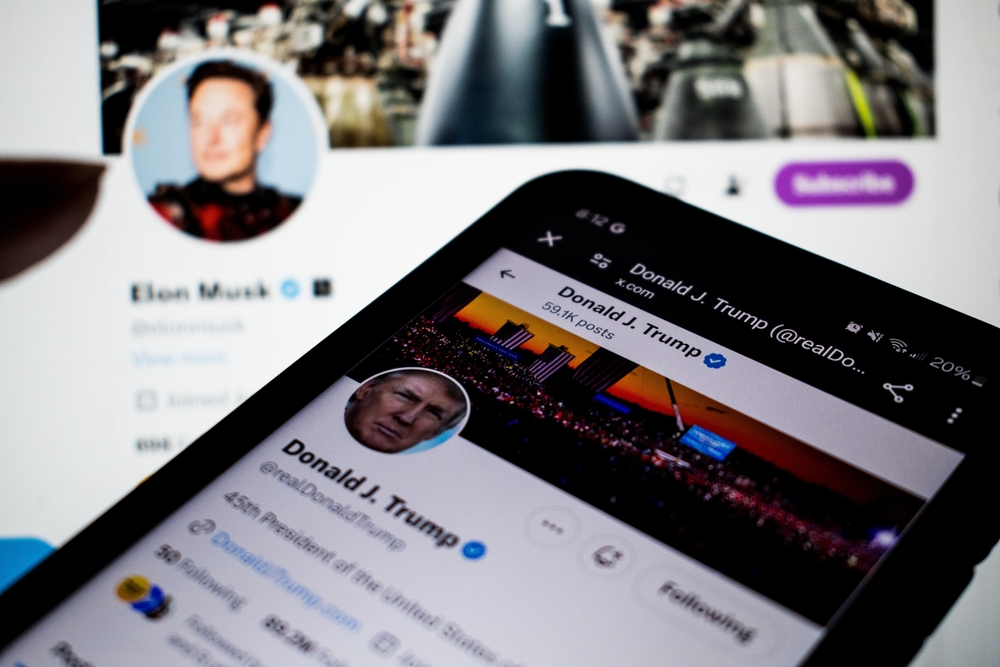
Elon Musk presents an unprecedented case for a multinational company’s stock.
Most CEOs keep their politics to themselves, so what happens to a company’s stock when its CEO constantly broadcasts his political views on social media, owns the platform he’s using, and literally works inside the White House as the president’s top adviser?
It’s barely a month into the Trump presidency, but Tesla (TSLA) has already seen some dramatic movement. After hitting an all-time high of more than $480 in December, TSLA has since plunged nearly 30%. It was priced at $354 on Tuesday.
The question is, how much of this actually has to do with Musk’s politics and how much with simple fundamentals?
To be sure, when Tesla shares hit its high point in December, Vijay Rakesh, an analyst for Mizuho Securities, wrote in a note that Tesla was bound to benefit “from favorable legislative exposure from Musk’s alignment with the Trump administration.”
In other words, Rakesh viewed Musk’s aggressive push into politics as a net benefit for his company.
On the potential negative side, analysts continue to evaluate how Trump’s trade policies, specifically his tariffs on all Chinese imports, could impact American companies, including Tesla. A 2023 study by Nikkei Asia found that 40% of the suppliers Tesla uses for its EV batteries are Chinese companies.
However, while it may be tempting to point to Musk’s personal politics for Tesla’s dip this year, given the highly polarizing political landscape in America, investors and analysts are mostly sticking to the fundamentals rather than the political noise.
This means balancing the company’s unfavorable numbers over the past year with the potential for future growth that could be coming as early as this summer.
About those fundamentals: Tesla sold fewer cars in 2024 than it did in 2023, according to its earnings report in January. This was the company's first year-over-year decline in more than a decade.
Its revenue of $25.7 billion and adjusted earnings per share of $0.73 also missed Wall Street estimates. And it delivered just under 1.8 million vehicles in 2024, which was below what it delivered the year prior.
These fundamentals point to Tesla's biggest challenge: the growing competition in the EV market that it once dominated.
Although Tesla is still the leader in EV sales, it is facing increasingly stiff competition from companies like Chinese automaker BYD. The Chinese giant has been on a tear over the past year and is now within striking distance of overtaking Musk’s company in China—Tesla’s second-largest market.
BYD is also expanding into international markets like Europe and Latin America, chipping away at Tesla's global lead.
Meanwhile, Musk is betting Tesla's future on autonomous transportation, noting in his January earnings calls that Tesla’s long-planned robotaxi would debut in Austin, Texas, this June.
The prospect of the robotaxi and Tesla’s Optimus robotics has kept market watchers bullish on the company’s prospects for future growth. Analysts at Benchmark initiated coverage with a Buy rating and a price target for TSLA of $475.
Meanwhile, Wedbush analyst Dan Ives told Yahoo Finance that the robotaxi “is the future and is worth $1 trillion” for Tesla. It's yet to be seen whether that's the case.
Your email address will not be published. Required fields are markedmarked